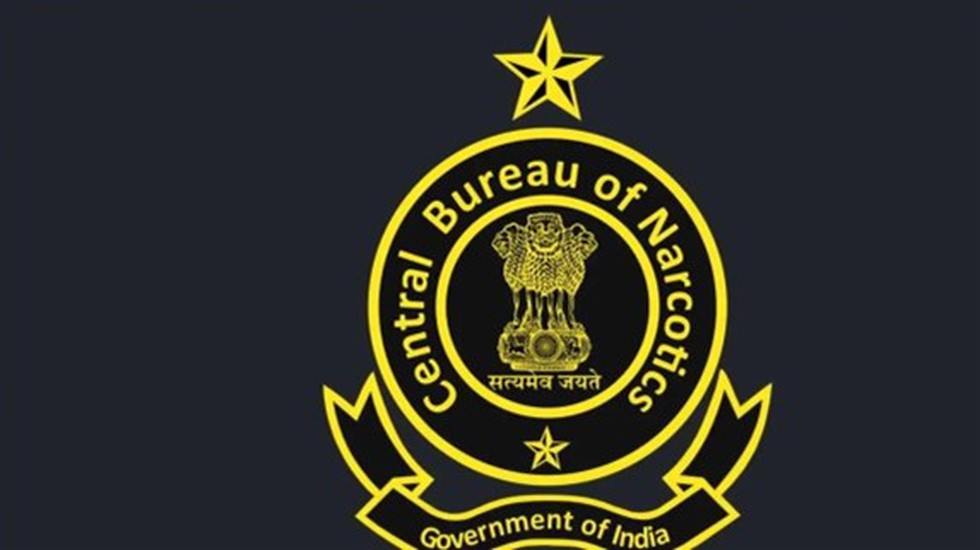About Central Bureau of Narcotics (CBN):
- During the British East India Company Rule, collection of revenue from opium was made part of fiscal policy and various Opium Agencies such as the Bengal, Benaras, Bihar, and Malwa Agencies were formed over time.
- Before 1950, the administration of the Narcotics Laws, namely, the Opium Act of 1857 & 1878 and the Dangerous Drugs Act of 1930 vested with the Provincial Government.
- The amalgamation of these Agencies laid the foundation of the Opium Department in November 1950 which is presently known as the Central Bureau of Narcotics (CBN).
- All three enactments mentioned above were repealed by the Narcotics Drugs & Psychotropic Substances Act, of 1985 (NDPS Act, 1985).
- The headquarters of the Central Bureau of Narcotics was shifted from Shimla to Gwalior in 1960.
- Functions of the Central Bureau of Narcotics
- License farmers to cultivate opium poppy.
- Supervises and controls the cultivation.
- Procures the opium produced by licenced cultivators.
- Nodal Ministry: Under the Department of Revenue, Ministry of Finance
- India is a signatory to the UN Convention on Narcotic Drugs 1961, UN Convention on Psychotropic Substances 1971 & UN Convention against the Illicit Traffic in Narcotic Drugs and Psychotropic Substances, 1988 which obligates member countries to monitor the implementation of the United Nations drug control conventions.
- CBN interacts with the International Narcotics Control Board, Vienna and the Competent Authorities of other countries to verify the genuineness of the transaction before authorizing the shipments.
